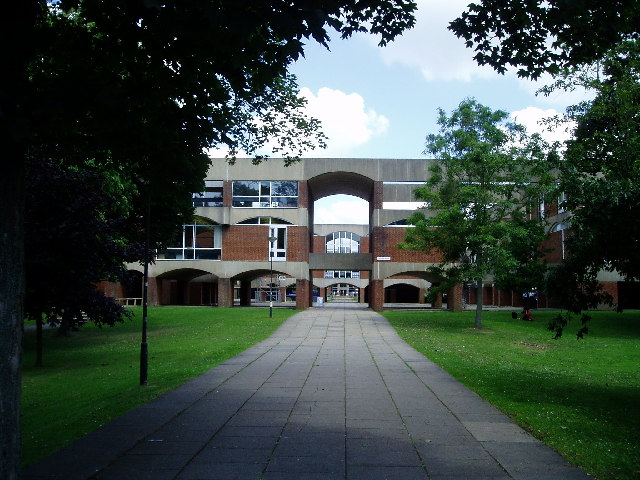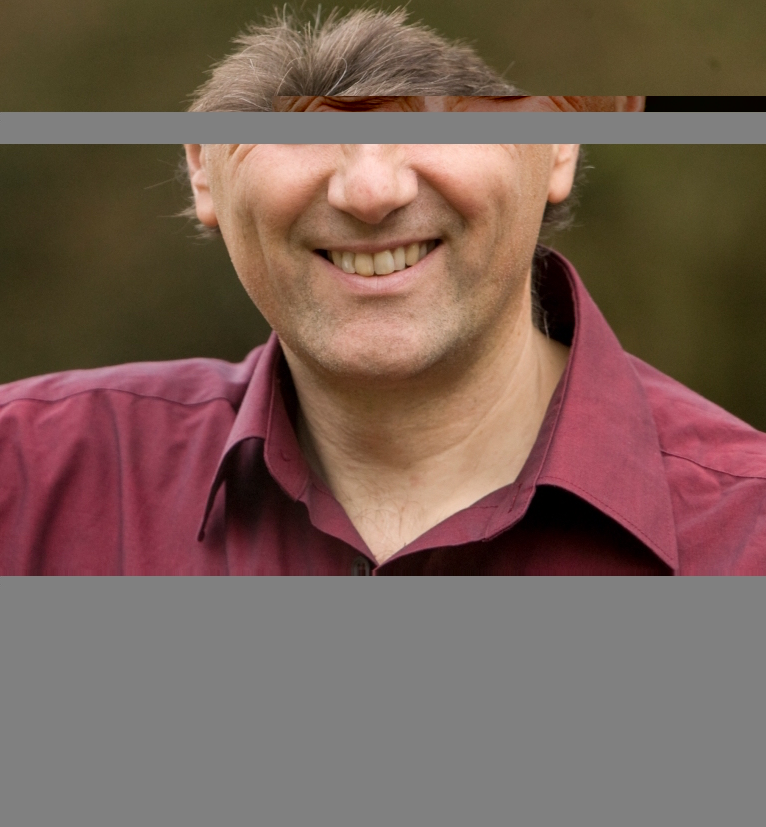On London Road, situated snugly between Oxfam and a closed-down party shop, lies a rather unique place – a place that can at various points in the day masquerade as a café, a library, a kids’ club, a debating chamber, a bar, a drop-in advice centre and a gig venue. A social club whose aim, their website explains, is to “establish a share in the general prosperity for all – the breaking down of racial, religious, national and sex barriers – and to fight for the life of one earth.” Indeed, the Cowley Club is no ordinary, run-of-the-mill place.
The centre, entirely run by volunteers, was created in 2002 in memory of famous social activist Harry Cowley, whose work with the poor, unemployed and disadvantaged of Brighton is mirrored in the work of the Club’s volunteers today. Amongst others, they hold human rights, climate change and pro-immigration protests (check out the No Borders meetings every Thursday fortnight); drop-in sessions offering advice on welfare, accommodation and employment for migrants; and gigs, book readings and film nights all in aid of fund-raising for important charities. As always they have a great need for more volunteers, for all areas involved in the running of the Club, and there’s far more information on that topic on their website – cowleyclub.org.uk.
Of the many positive events that run at the centre, arguably the most influential takes place each Monday afternoon from 1.00 to 3.30 – the Migrant English Project (MEP). Up to fifty migrants living in the local area turn up each week to be taught English, and helped in other important areas. The volunteers take up to five students each and help develop and increase their understanding of our language, utilising the impressive teaching resources available at the Club. At the end of the lessons, everyone is provided with a free meal and migrants are invited to discuss any legal, housing, benefit or health issues that may be plaguing them.
For Reem, a young Sudanese woman who came to England ten months ago, the Migrant English Project has represented a great opportunity to build a strong social network, and spoke of how her English had notably improved since she had started coming there. “I learned how to read and write, and all the grammar back home in Sudan,” she said. “But my speaking was really poor, and since coming here the chance to have conversations and get corrected when necessary was really useful. I have also met so many similar people and made some truly close friends, both among the volunteers and the other people that come along to be taught”.
The migrants largely hear about the place by word-of-mouth, and Reem explained that she recently introduced a newly-arrived Saudi Arabian friend to the place. The closeness of some of the relationships was clear to see too, as she spoke of how she looked upon the MEP people as her ‘family’, and often went along on bonding trips that they organised, including a recent picnic at the Pavilion, and a visit to Seven Sisters. The members even arranged a birthday party for her recently, and she feels that the focus on community spirit is one of the reasons why the project has been so successful.
Reem is mainly taught by Jeff, a 70-year old who has been doing the Migrant English Project for five years now, and he spoke of how he loves the support that the members-run club offers to these people in and around Brighton. “We believe anyone should have a right to live in, and be supported in, any country, and we will continue to campaign for these migrant rights,” he said, echoing the sentiments offered on their website. “Reem is a good example of how positive this project can be for people who have newly arrived in this country, often under difficult circumstances.”
Jeff, who attended the University of Sussex, when he was younger, also spoke of the importance of getting local students involved in the project, and how the MEP offers a great opportunity for young people interested in teaching to get some positive experience in an informal environment. The project’s website, mepbrighton.com, explains how the idea came about in 2003 as a means of “creating a safe place for migrants and those who care about migrants”, and that they quickly chose the Cowley Club to run their initiative, as an area that shared their beliefs on equality and migrant support.
Whether it’s in the flourishing MEP, in the meetings and protests for a better world, or in the many fund-raising initiatives that take place there, the Cowley Club is certainly a place where positive change is taking place, and I for one feel privileged for having got involved in it. The combination of many positive programmes and socials, and such a friendly, welcoming environment ensures that the Cowley will only continue to grow for a long time to come.



2 Comments
Cowley Club: the hub of community action